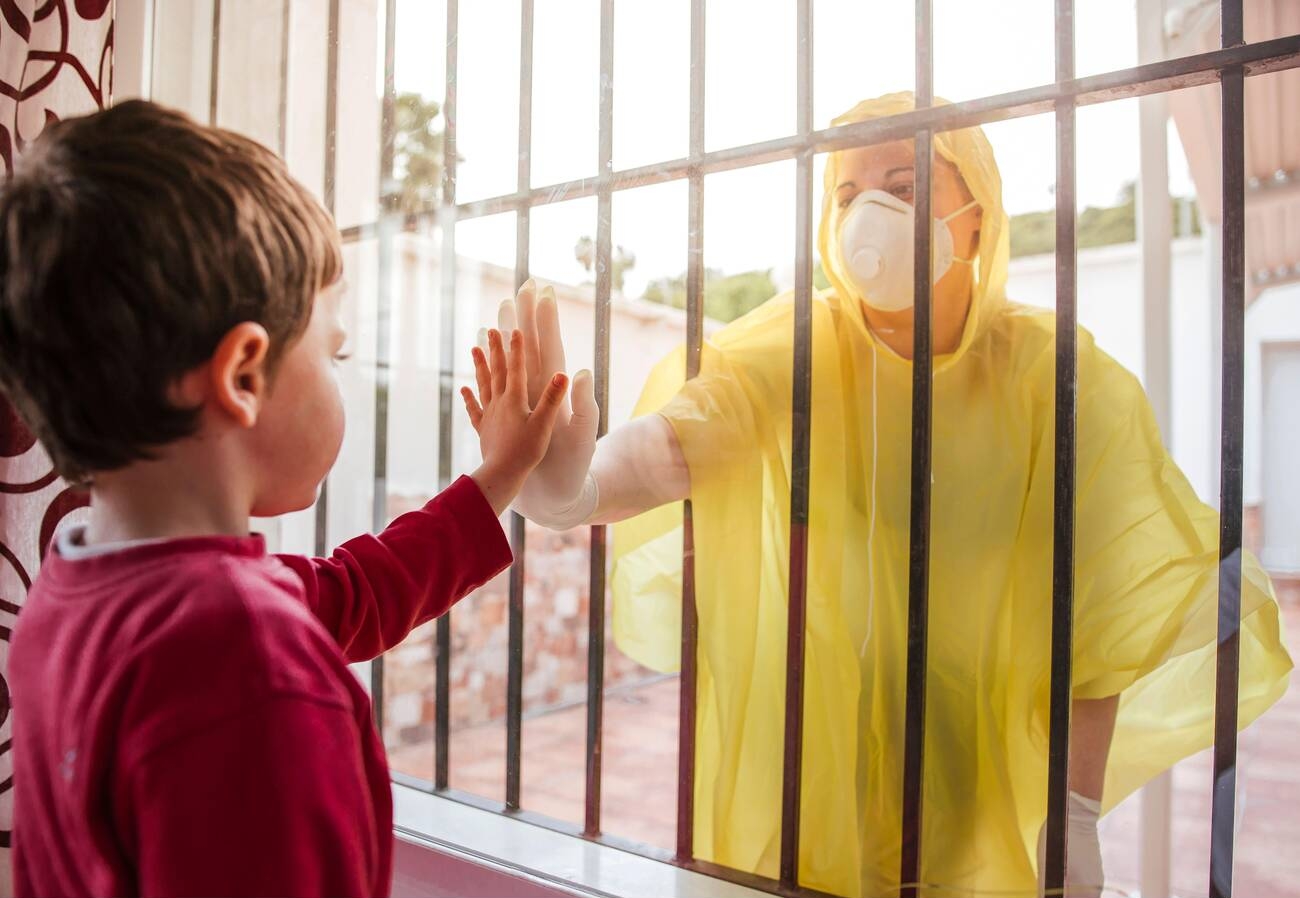There are many possible causes of depression, including genetic vulnerability, stressful life events, medications, and medical problems. There is no single cause of depression. For some people, upsetting or stressful life events, such as bereavement, divorce, illness, and job or money worries, can be the cause. Different causes can often combine to trigger depression.
For people struggling with depression, it is essential to have compassion for yourself and take action to overcome this state, including seeking help and developing healthy lifestyle habits. Remember that no matter what your critical inner voice may tell you, the situation is far from hopeless. There is good help available and many active ways to treat your condition.
\Depression drains your energy, hope, and drive, making it difficult to take steps to help you feel better. Sometimes, just thinking about the things you should do to feel better, like exercising or spending time with friends, can seem exhausting or impossible to put into action.
If you feel depressed, it is best to do something about it – depression does not just go away on its own. In addition to receiving professional help from a doctor or therapist, these tips can be part of your treatment plan, speeding your recovery and preventing depression from returning.
Reach out and stay connected:
When you try to do it on your own, it can be challenging to maintain a healthy perspective and maintain the effort you need to overcome the feelings of depression. When you are experiencing depression, it often makes it difficult to reach out for help. When you are depressed, you may begin to withdraw and isolate yourself—connecting to even close family members and friends can present difficulty.
You may feel exhausted and not feel like talking. Often there are feelings of shame or guilt associated with depression, but this is just the depression. Staying connected to other people and participating in social activities will make a world of difference in your mood and outlook. Reaching out is not a sign of weakness. Your loved ones care about you and want to help.
Look for support from those who make you feel safe and cared for. When seeking help from friends or family, remember that the person you talk to will not have all the answers. Most importantly, they need to be a good listener who will listen attentively and compassionately without being distracted or judgmental.
If it is impossible to talk to someone face-to-face, reach out via phone calls, social media, or texting. These are also great ways to stay in touch. The simple act of talking and expressing your feelings can play a significant role in relieving depression.
Healthy Eating:
Eating healthy is good for your body and will help your mood overall. The easiest way to improve your diet is to cut out junk food. Avoid foods high in refined sugar and foods packed with saturated fats. Incorporate healthy foods into your diet, including fresh fruits, vegetables, protein, whole grains, and nuts which are rich in Omega-3.
Exercise:
Exercise is something you can do right now to boost your mood. Exercise increases the body’s production of natural antidepressants. Exercising for at least 30 minutes a day, three days a week can help alleviate the symptoms of depression. It can help reduce stress, improve mood, boost self-esteem, and regulate sleep.
Sleep:
When you are feeling depressed, a common problem is lack of sleep. You may lie awake at night with racing thoughts or wake up during the night. Fatigue from lack of sleep can add to symptoms of depression, so sleep is an essential factor in combating your depression. Following a consistent sleep schedule will improve the amount and quality of your sleep. Practice a relaxing bedtime ritual such as meditation or calming music. Avoid naps, exercise daily and sleep on a comfortable mattress and pillows.
Stress Management:
Stress is a part of life, but long-term stress can be debilitating, especially for someone with depression. Stress can trigger and worsen your depression, so it is essential to be mindful of situations that may increase your stress. Some stress triggers include work overload, financial difficulties, or unsupportive relationships. Stress management differs for everyone, so you are the best person to decide which healthy activities help you. Some ideas to consider: Reading a good book, watching your favorite movie, listening to music, writing in a journal, and exercising.
Get a daily dose of sunlight:
Weather permitting, being outdoors, and getting some sun, can help boost serotonin levels and improve your mood. Whenever possible, go outside, and expose yourself to the sun for at least 15 minutes daily. Remove sunglasses (but never stare directly at the sun) to get some sun on your face. Take a walk on your lunch break, have your coffee outside, or spend time gardening. Do not forget to apply your sunscreen as needed!
Challenge negative thinking:
When these thoughts overwhelm you, it is essential to remember that this is a symptom of your depression, and these irrational, pessimistic attitudes—known as cognitive distortions—are not realistic. When you examine them, they do not hold up. But even so, they can be tough to give up. You cannot break out of this pessimistic mindset by telling yourself to “just think positive.” Often, it is part of a lifelong pattern of thinking that has become so automatic that you are not even completely aware of it. Instead, the trick is to identify the type of negative thoughts fueling your depression and replace them with a more balanced way of thinking.
If you have taken self-help steps, made positive lifestyle changes, and still find your depression worsening, seek professional help. Needing additional help does not mean you are weak. Sometimes the negative thinking in depression can make you feel like you’re a lost cause, but depression can be treated, and you can feel better!





